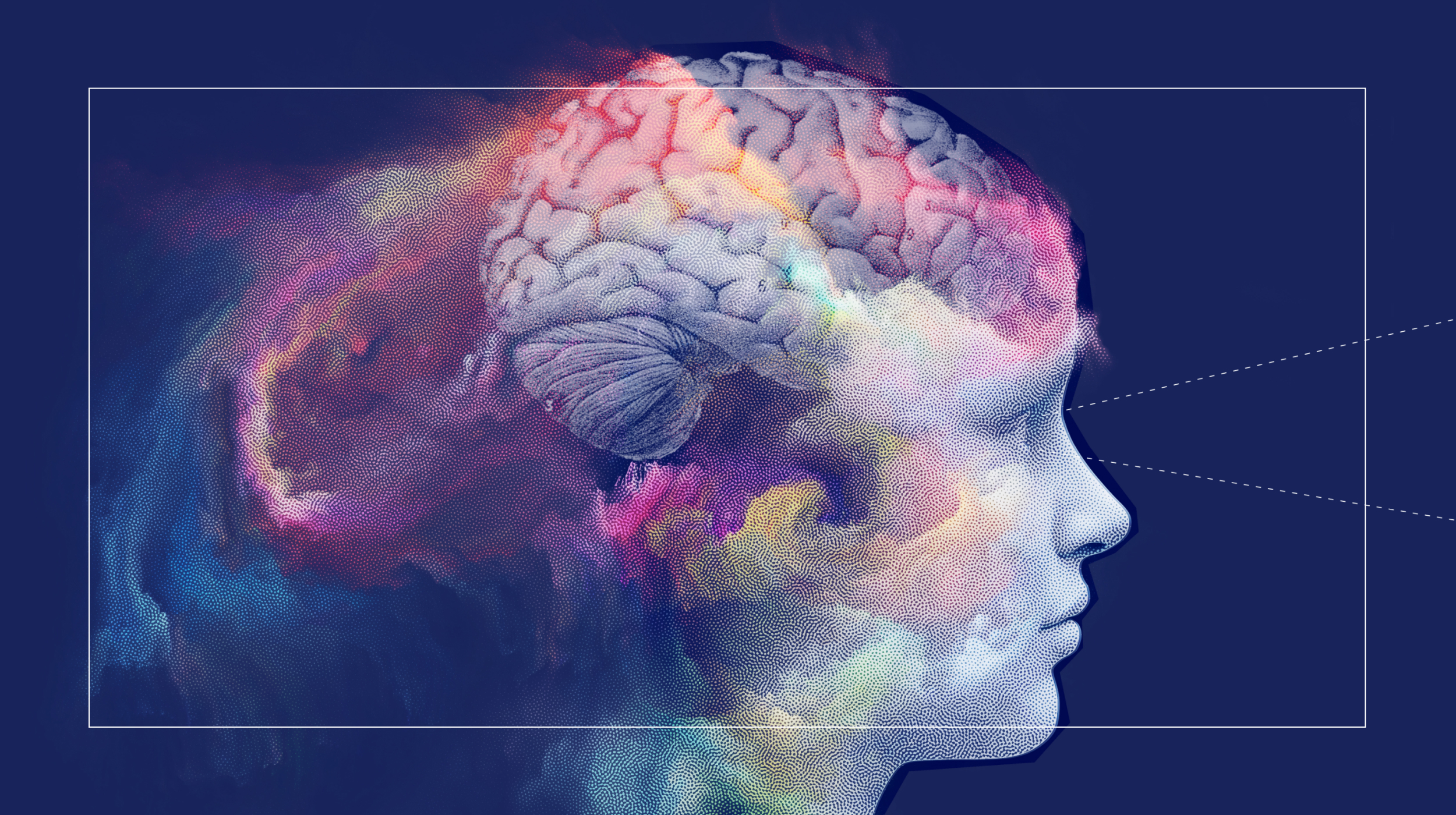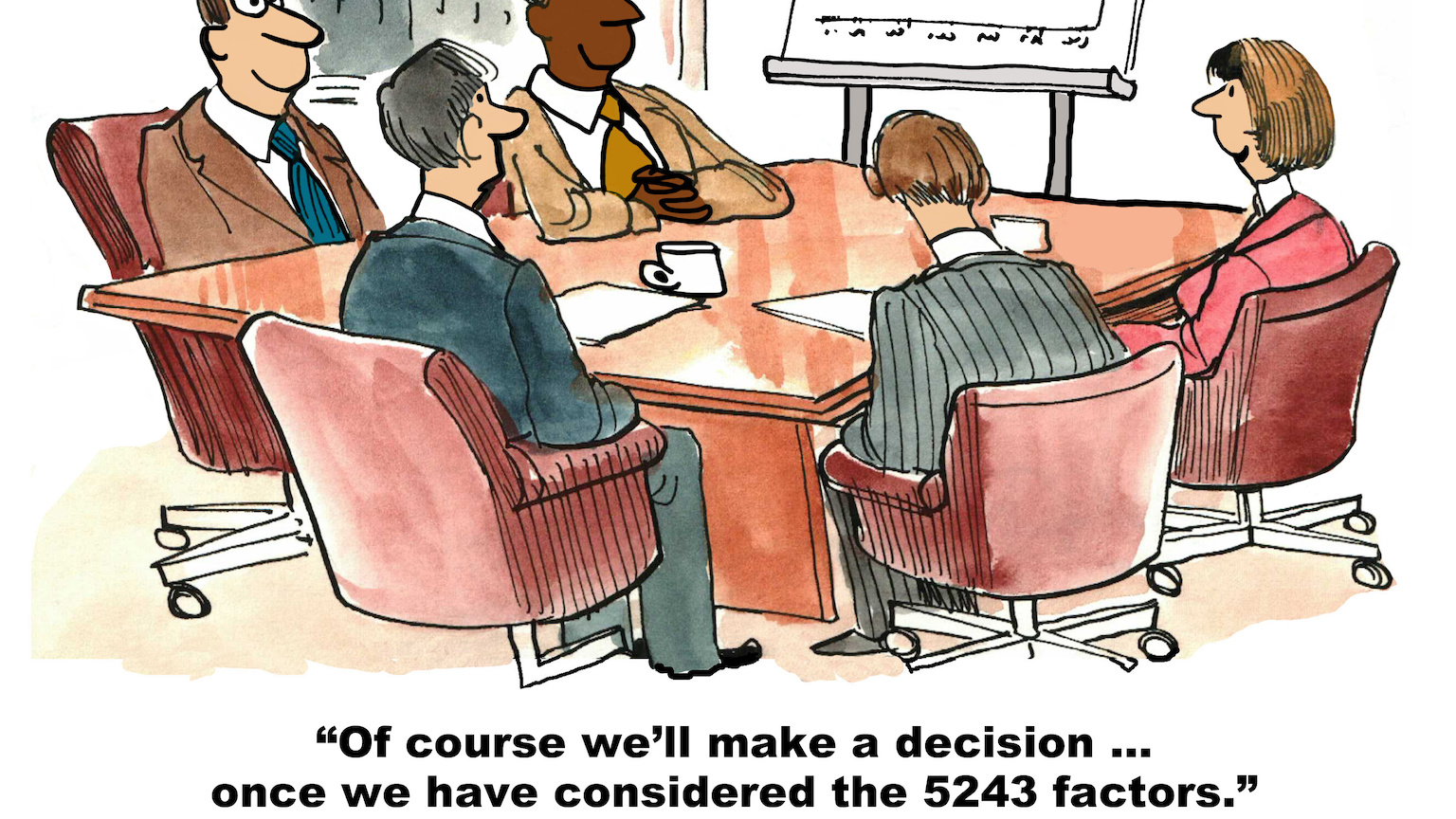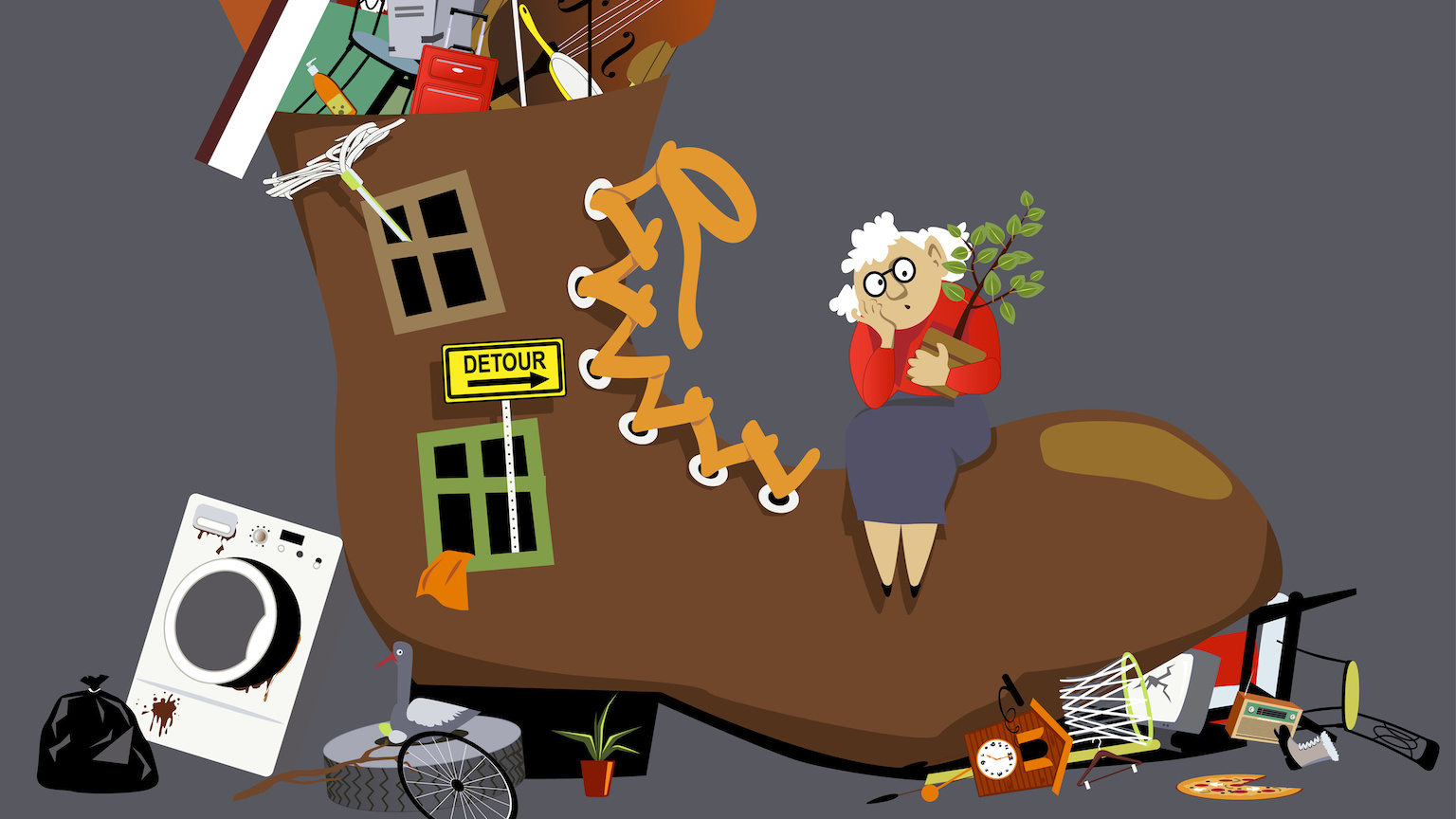psychology
Screens were around in previous generations, but now they truly define childhood.
We all know assholes. Perhaps, you are one. Now, psychologists are trying to answer one of life’s biggest mysteries: What, exactly, makes someone an asshole?
Your inner voice can be the devil on your shoulder or the angel. It depends on where your focus lies.
Will nature or nurture win out?
Habit-forming rituals are subconsciously controlling your life. Here’s how to master them.
▸
with
Shame is a powerful tool that must be used with care.
One form of domestic abuse involves a parent breaking their child’s connection with the other parent.
Signals from the environment, such as those detected by your sense organs, have no inherent psychological meaning. Your brain creates the meaning.
When faced with too many choices, many of us freeze — a phenomenon known as “analysis paralysis.” Why? Isn’t choice a good thing?
Hoarders know their habits are abnormal, and yet they cannot help themselves. Maybe you can help them.
Are psychopaths cold-blooded murderers? Not usually.
It’s the clitoris, stupid!
Were Hitler’s SS henchmen willing executioners fueled by racial propaganda or mindless servants vying for promotions?
To reap the benefits of digital technologies, we must contend with their addictive designs.
Learning another language might make you richer, sexier, and smarter. Why not try it?
A large study links pornography use to decreased sexual performance for men and increased sexual performance for women.
Why are we here? What is everything made of? This theoretical physicist says science isn’t the right way to answer these questions.
▸
6 min
—
with
If secrets are a kind of poison, confession is the antidote.
It doesn’t matter how ridiculous a lie is. As long as it is repeated often enough, some people will believe it.
Instead of a mental illness, some research suggests that psychopathy — in moderation — is a reasonable life strategy.
In a new book, an MIT scholar examines how game-theory logic underpins many of our seemingly odd and irrational decisions.
The effects are even worse for women.
People believe that slow and deliberative thinking is inherently superior to fast and intuitive thinking. The truth is more complicated.
Independent of cultural background, people seem to share a sense of what makes certain color combinations aesthetically pleasing.
Morbid fatality statistics on digital highway signs seem to distract drivers, thus increasing the number of car crashes.
You can’t control external threats, but you can manage how you prepare and respond to the risk.
▸
with
It may depend on whether you’re an “easily empathetically embarrassed” person.
People underestimate their opponent’s capacity to feel basic human sensations. We can short-circuit this impulse through moral reframing and perspective taking.





























